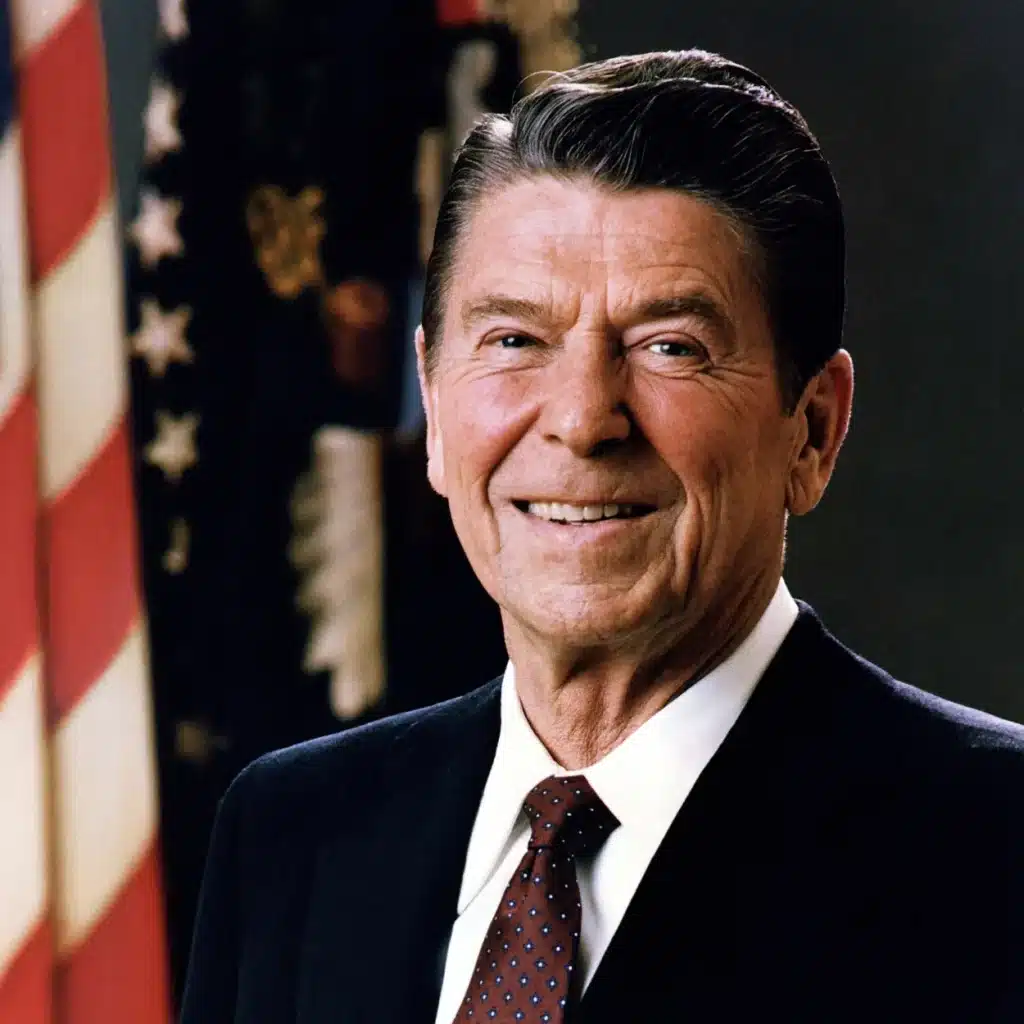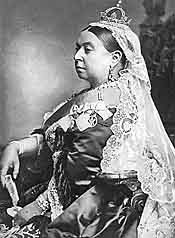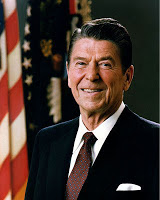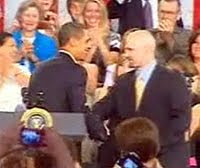U.S. Presidents and Hemophilia
Monday, February 19, is President’s Day, which used to be called Washington’s Birthday, in honor of our first president. It got me thinking about whether U.S. presidents have any connection to hemophilia. For the sake of history—our hemophilia history—you should know that they do.

Thanks to the advocacy efforts of the national hemophilia community, President Ronald Regan, our 40th president, issued on February 21, 1986, a proclamation declaring March “Hemophilia Awareness Month.” This was, of course, at the height of the national blood infection scandal—it took Regan’s actor friend Rock Hudson to come out as homosexual and share publicly that he had HIV for the Regan Administration to finally pay attention to what was happening. That is a whole story in itself (Read And the Band Played On to learn the history). It was a dark time, still remembered by many of us.
But the proclamation at least gave our community national, positive recognition.
Now, we celebrate advances made in treatment and technology. And as our community becomes more inclusive, it is called Bleeding Disorders Awareness Month. Read the original proclamation below…
February 21, 1986
By the President of the United States of America
A Proclamation
Hemophilia is a genetic disease in which the blood will not clot properly because a specific clotting factor is missing or defective. It is almost exclusively a male disease, affecting one of every four thousand live male births, regardless of race, nationality, or family economic status.
Significant advances have been made in the diagnosis and treatment of hemophilia. Methods of early diagnosis provide the means to institute preventive measures at an early age. Modern blood fractionation technology provides a moderately priced, readily available supply of the needed clotting component for those who must have regular infusions. Still, hemophiliacs face a life of unpredictable medical complications that may result in disability or death.
Proper medical treatment for the hemophiliac, and public awareness and acceptance of this medical condition, will allow the individual to live a normal, productive, and independent life and will dispel many of the common misconceptions of the disease.
To stimulate public awareness about hemophilia and to encourage the development of improved techniques of diagnosis and treatment, the Congress, by Senate Joint Resolution 150, has designated the month of March 1986 as “National Hemophilia Month” and authorized and requested the President to issue a proclamation in observance of this period.
Now, Therefore, I, Ronald Reagan, President of the United States of America, do hereby proclaim the month of March 1986 as National Hemophilia Month. I invite the Governors of each State, the Commonwealth of Puerto Rico, the officials of other areas subject to the jurisdiction of the United States, and the American people to join me in reaffirming our commitment to finding better ways of helping those afflicted with hemophilia.
In Witness Whereof, I have hereunto set my hand this twenty-first day of February, in the year of our Lord nineteen hundred and eighty-six, and of the Independence of the United States of America the two hundred and tenth.
Ronald Reagan






